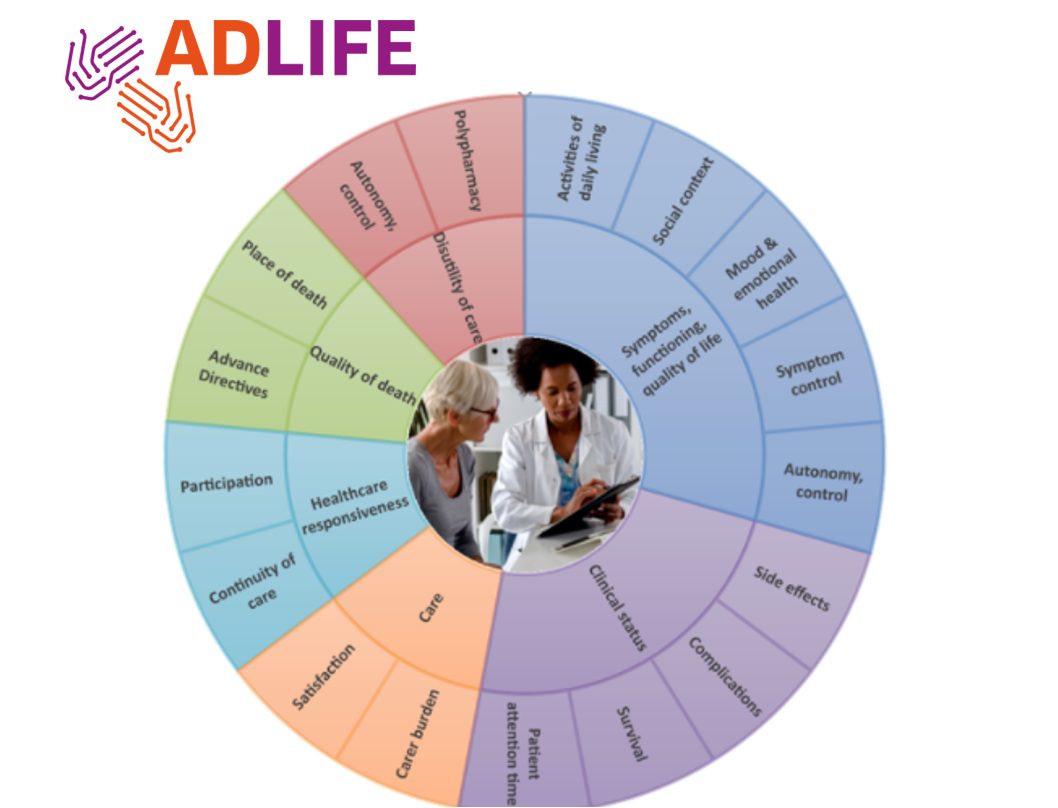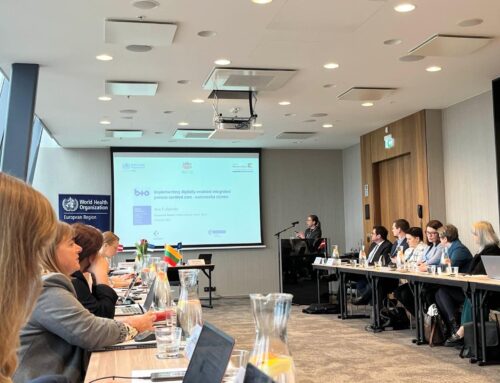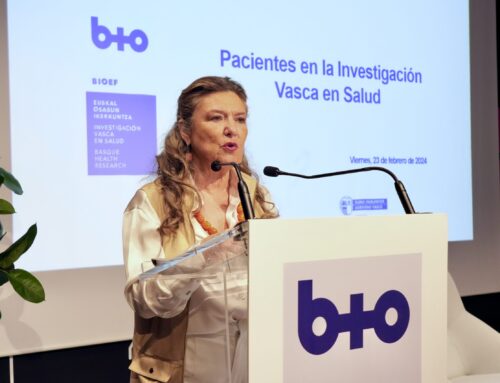Health systems are transforming towards more integrated and person-centered care through empowerment and shared decision making.
 Health systems have begun to implement the new perspective of value-based care. The evaluation of healthcare services should not be based on the measurement of the services provided, but on the outcomes they achieve, where it is taken into account that the outcomes are relevant to the patients receiving the services. In this context, patients move from being a passive recipient of services to an active decision-maker. In this new design and evaluation paradigm, patient-centered care is defined as the delivery of care consistent with patients’ values, needs and wishes. In this process, healthcare professionals play a key role, as they are the ones who promote/facilitate/encourage patient participation in care and healthcare decisions.
Health systems have begun to implement the new perspective of value-based care. The evaluation of healthcare services should not be based on the measurement of the services provided, but on the outcomes they achieve, where it is taken into account that the outcomes are relevant to the patients receiving the services. In this context, patients move from being a passive recipient of services to an active decision-maker. In this new design and evaluation paradigm, patient-centered care is defined as the delivery of care consistent with patients’ values, needs and wishes. In this process, healthcare professionals play a key role, as they are the ones who promote/facilitate/encourage patient participation in care and healthcare decisions.
In 2012, Harvard University, the Boston Consulting Group, and the Karolinska Institute founded the International Consortium for Health Outcomes Measurement (ICHOM). This non-profit organization aimed to provide guidance for the implementation of this new paradigm of value-based health services planning and evaluation.
One of the tools proposed by this organization is the standardization of the set of health outcomes that matter to patients in order to compare performance, enable organizations to learn from each other, and improve the care provided.
ADLIFE project, Integrated personalized care for patients with advanced chronic diseases to improve health and quality of life, has analyzed and adapted two of ICHOM’s standards covering the conditions of older people and people with heart failure to the ADLIFE population (people over 55 years of age with severe heart failure and/or COPD). The project seeks to measure patient-relevant health outcomes that will inform the development of personalized care plans. ADLIFE health outcomes are grouped into different domains, which has been defined by a multidisciplinary working group composed of healthcare professionals, patient representatives and researchers from the seven pilot regions of the project.
The measurement of value-based outcomes will be part of the personalized care plans. They will be captured in the innovative solution to be developed at ADLIFE, which will facilitate the personalization of care plans, and improve the ability to respond quickly and early to the changing needs and preferences of ADLIFE patients.
Visit the official website https://adlifeproject.com/ if you want to be kept up to date with all the activities developed in the project or follow the project on Twitter @adlife_project





